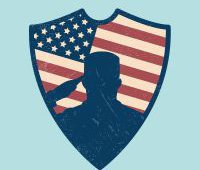Blog
A SCAT assessment modified for para-athletes could work for concussion assessment in some types of disabilities
A study published in the British Journal of Sports Medicine examined whether the sports concussion assessment tool, version 5 (SCAT5), could be utilized for para-athletes with a visual impairment, a spinal cord injury, or a limb deficiency.
Retired pro soccer players: heading frequency and player position associated with risk of cognitive impairment and dementia
A study published in JAMA Network Neurology found that “repetitive heading during a professional soccer career is associated with an increased risk of cognitive impairment later in life” and self-reported dementias in retired male professional soccer players
Hormonal contraception use does not appear to affect concussion baseline assessments
According to a study done by Moran et al., hormonal contraceptives do not appear to influence neurocognition and oculomotor baseline assessment measures for sport-related concussion (SRC).
Increased profile of “Q-Collar” invites further discussion
The Q-collar is commonly referred to as a concussion-prevention method, although the company says the Q-collar helps “protect the brain” of contact athletes over a season of play. However, limitations include not being “demonstrated to prevent long-term cognitive function deficits,” no evaluation of clinical outcome impacts, and the data not “demonstrating that the device can prevent concussion or serious brain injury.”






























